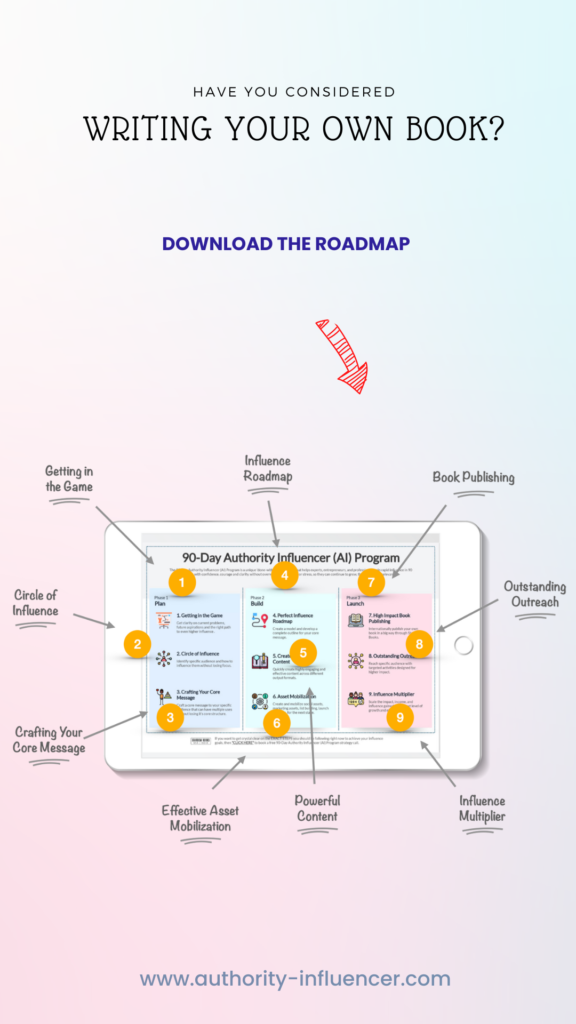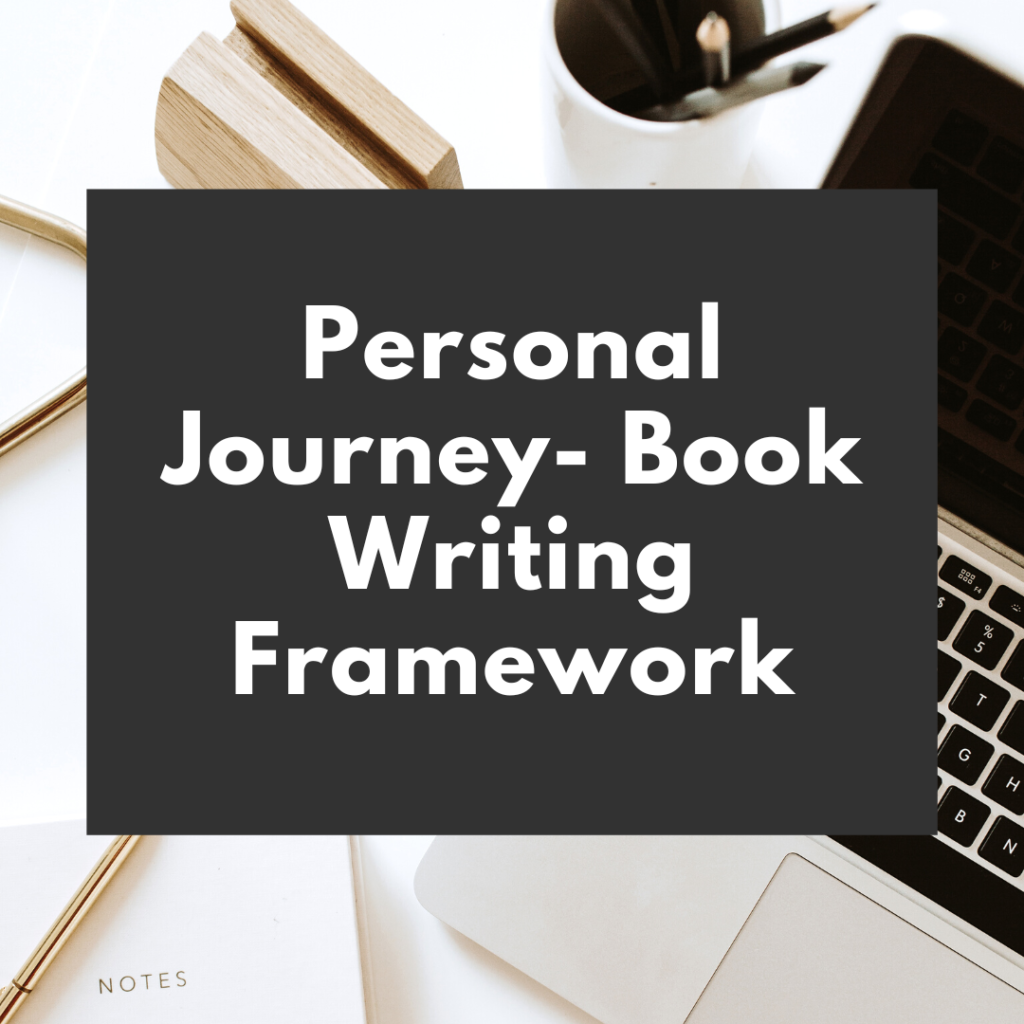
Raam Anand here once again Chief Editor and publisher at Stardom Books. People have always asked me, Raam, if I want to write a book about my personal journey. So, what are the different ways to do it?
Most people think there’s only one way: to give a chronological account, like a diary.
No, there are many different ways to narrate your journey and various frameworks to do it from different angles.
Let’s explore a few of those frameworks and angles in this personal journey book about your personal journey.
Let’s start with the most versatile personal journey framework, The Hero’s Journey.
The Hero’s Journey
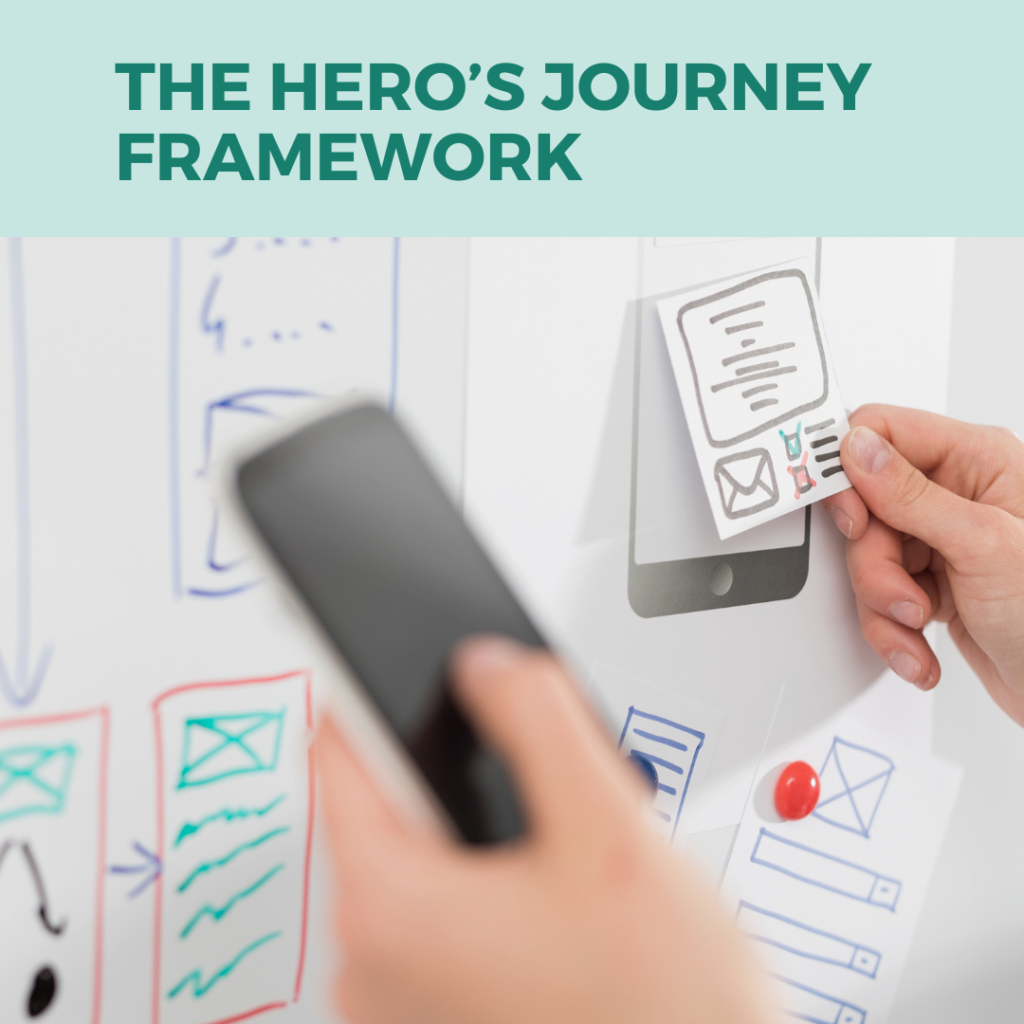
The Hero’s Journey is a limitless story structure that follows a protagonist on an unforeseen quest where they face challenges, gain insights, and return home completely transformed.
The Hero’s journey, also known as the monomyth, is a story structure in which a hero goes on a quest or adventure to achieve a goal and must overcome obstacles and fears before ultimately returning home wholly transformed.
This narrative arc has been present in various forms across cultures for centuries, if not longer, but it gained popularity through Joseph Campbell’s mythology book, The Hero with a Thousand Faces.
While Campbell identified 17 story beats in his monomyth definition, this modified version, what you see on the screen, is a twelve-step framework popularized in 2007 by screenwriter Christopher Vogler.
Examples
In his book The Writer’s Journey. And here are some exciting popular movies based on the Hero’s journey. You will recognize some of them, I’m sure. The Lion King, for example. Or Star Wars, Finding Nemo, Kung Fu Panda, the Matrix, and Hindi movies like Lagaan or Munna Bhai
These movies use the framework, and books can be written using this framework.
In fact, at Stardom Books, we use this framework to write books from this angle. But there are other angles as well, including people’s stories.
People Stories

In this type of angle or book, you tell stories of different people in your life and how they relate to you. It could be the story of, let’s say, 5,7,10 people who have come into your life and how you interacted with them.
That could be the main focus of your book. It could also be about my influencer or my teachers, my gurus, my mentors, kind of a book. You can document or tell people about how various people influenced you or shaped your journey. And you talk about these people in your book.
Just these people, nothing else.
Life Events

This is a fascinating book. It can become an exciting book as well.
Incidents are events that happened in your life that have impacted you both positively and negatively. So that could be an entire book. It could be a book about you, and that could be your personal journey book as well. It’s one of the frameworks.
Number Of Values

Next: What are your, let’s say, three or five or seven or n number of values that you believe in, and how did you acquire them?
For example, honesty, integrity, courage, compassion, leadership, loyalty, authenticity, empathy, creativity, kindness, and confidence.
There are so many values and belief systems. You can talk about some of these that you believe in, some of your values, and all about your journey concerning these or the matters you hold necessary.
Habit
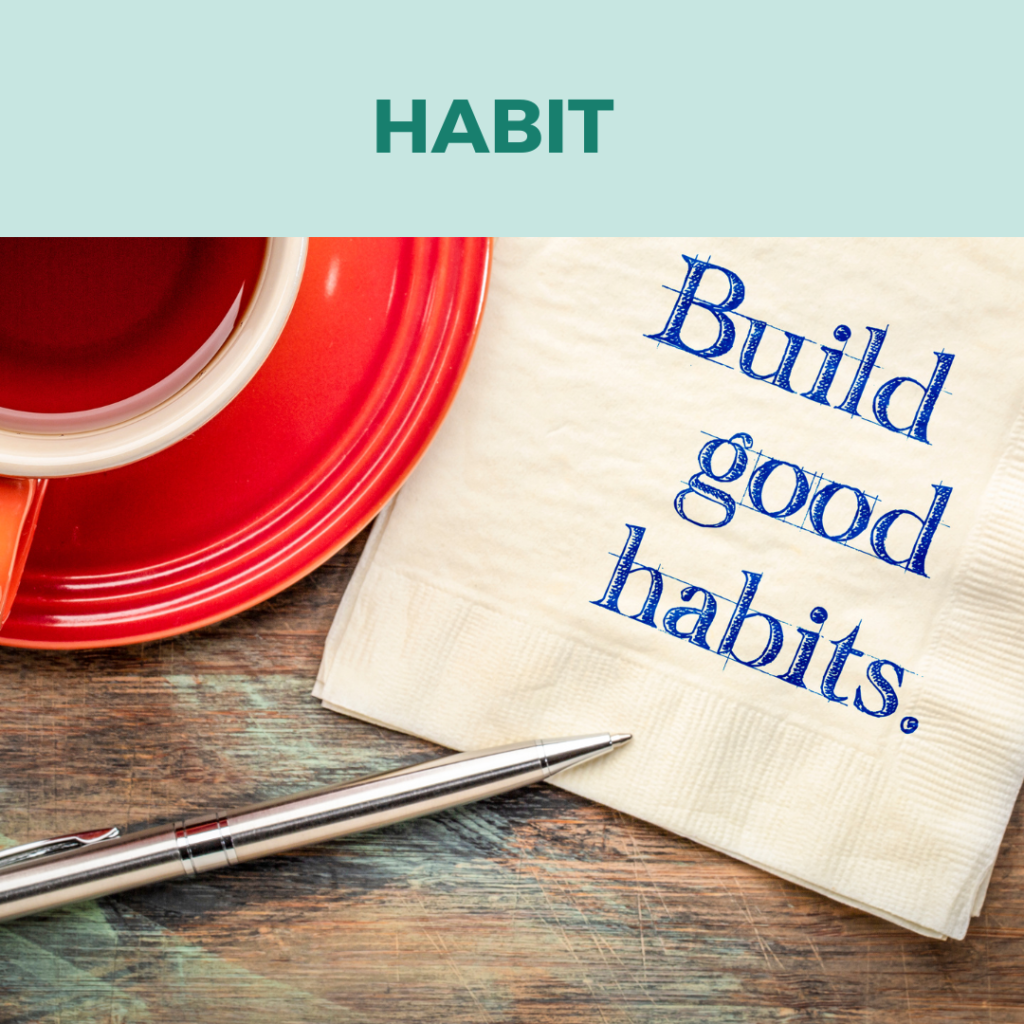
The next one is interesting. This is a habit; many exciting books have been written about habits. It could also be your journey. It is one of the frameworks.
For example, N Habits for X or N Habits of X.
Let me give you some examples:
- Number one for N Habits of X, like Seven Habits for stress-free living, let’s say.
- Twelve Habits for Successful Entrepreneurship.
- Five habits for effective communication
- Ten habits for financial freedom.
How cool is that? The other way is n Habits of X. I am sure you have also seen many of these kinds of books.
For Example:
- Eight habits of highly productive people.
- Six habits of wealthy individuals. You could be writing these kinds of books.
- Nine habits of influential leaders or ten habits of, let’s say, happy couples.
How cool is that?
Writing your book based on your feelings or thoughts is essential and could also be a framework. We use all these frameworks in our publishing house when assisting our first-time authors.
Most need to figure out what to write in their first book, and they struggle to put everything they learn into it or choose what to include. These frameworks will help them.
Whatever frameworks or angles resonate with them. We work with them to ensure their book uses these different angles or ideas.
Book Based on Adventures /Travel

Many books have been published using this framework. It’s about writing a book based on or about your adventures or travels.
You can become your own Don Quixote, for example. There are many travel logs, and people enjoy reading these kinds of books. They want to know about your adventures and your travels.
You can bring in many different facets to these travels.
One of our authors, a young girl, has written about the different places she went, along with details or facets such as the commerce, business angles, and culture of those places. She has brought these three aspects into her book.
These are very interesting reads—next, one transformation.
Transformation

This includes things like before-and-after comparisons. Personal transformation is not a linear process. It may start with changing one habit, limiting belief, or taking a leap of faith in some area of your life, and then you transform as a result. And here are some examples of personal transformation.
- Becoming a vegetarian could be the account of how you make or how you have.
- Giving up alcohol or quitting smoking, which can bring hope and help to others.
- Starting new career
You may have followed some techniques, or you followed some advice. What worked? What didn’t work?
These are the ideas we try to provide to our first-time authors. Because many people need clarification on writing a book by telling them or sharing their diary. That’s only sometimes true. Back to examples,
- Starting a new career could be an exciting transformation book.
- Moving to a new country, place, or city could be a fascinating book of transformation.
- Overcoming deep-seated fears could make or could help you.
This angle can help you develop a fascinating, helpful book.
For example, ” Forgiving Your Wrongdoers ” could also be an exciting book. So, the idea is clear.
In this book, the angle here is transformation before. After. What happened before?
- What happened after?
- What was the transformation?
- How did it happen?
All right, next one.
Inward Journey
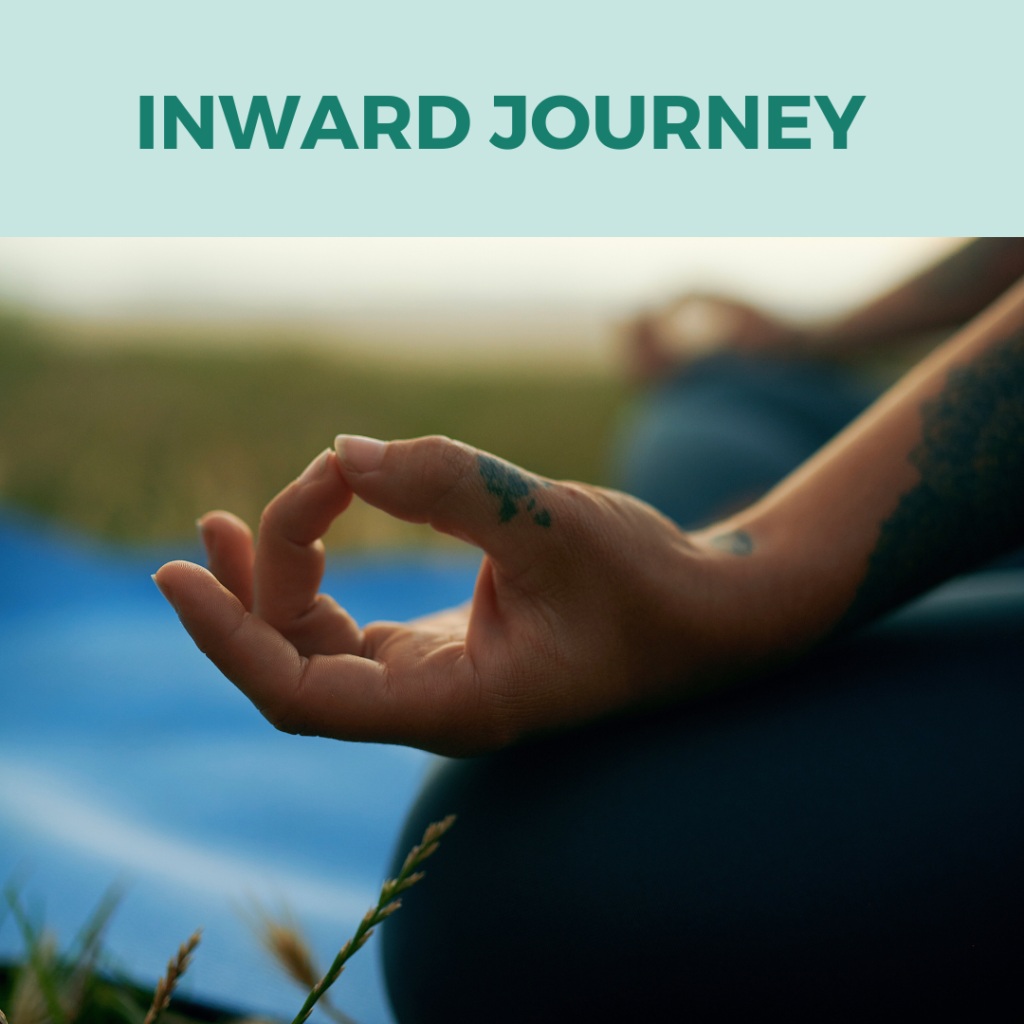
It’s a fascinating inward journey. This is the advice you give. You go inward and advise—this kind of advice you give to a younger self or your future self, both ways.
What advice would you give?
Let’s say you are 40 years old and want to go on an inward journey. You want to go back 20 years or 25 years. What advice would you give to your teenage self? That could be a fascinating personal journey book. Or you could also time travel to the future.
Maybe you want to talk back, you want to go into the future, perhaps you want to go to your 80-year-old self. And what would you tell your present self?
These kinds of angles make for fascinating reads and valuable books. And also, it will force you to
go inward on an inward journey. All right, and some spiritual books are also in this category.
Very Popular Genre Personal Stories

It could be anything.
Let’s say you have seven stories from your life that the world must know or ten fascinating tales you want to tell your people. These could be real, imaginary, or a combination of both.
I mean, every story may have some moral, or it may not have any moral. It could have some value, or it could have, let’s say, entertaining. It could be all sorts of things. But there is a framework here, which is like, here are seven stories from my life.
It needs to be more chronological as well. It could be just seven random stories from your life or seven very selected stories from your entire life that you want to share with the world. So, let’s go deep into those stories, understand and dissect them, give a vivid description, and more.
Truth OR Dare
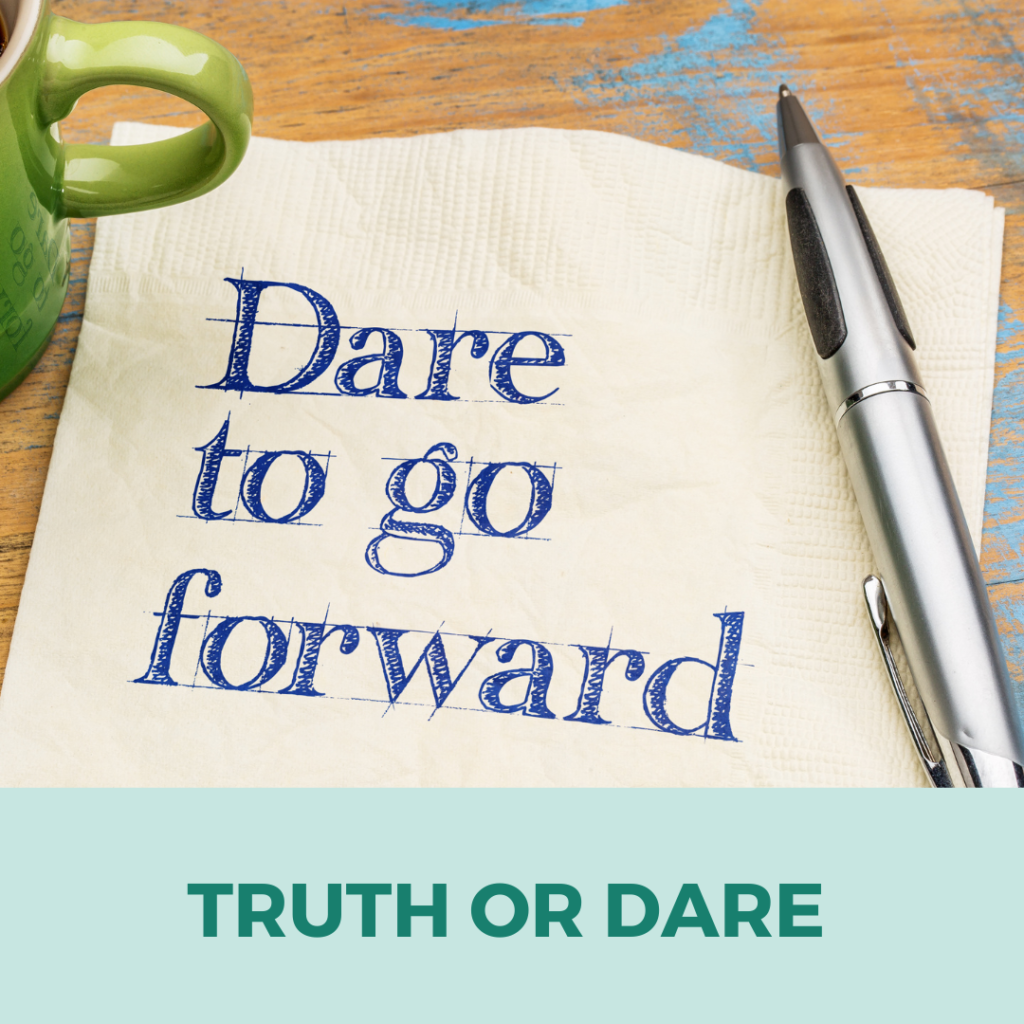
This is another framework. Another one is truth or dare. It’s interesting.
You may have played this game right. For example, let’s say three, five, or seven of your biggest mistakes and how you can avoid those blunders. I call it a Truth and Dare framework.
I mean, you tell the truth, and you dare to explain those truths, and you talk about your blunders; you talk about your mistakes to advise others not to make those mistakes.
It may be the mistakes you have committed yourself or the blunders you have seen others save and get destroyed on the way. So, this is also again a precious book and It can portray or bring your personal journey into the book and the narrative.
Next one. This is the last idea here today.
Of course, there are dozens and maybe hundreds of more ideas and angles we can come up with.
But these are some that I wanted to share with you.
Tidbit Facts
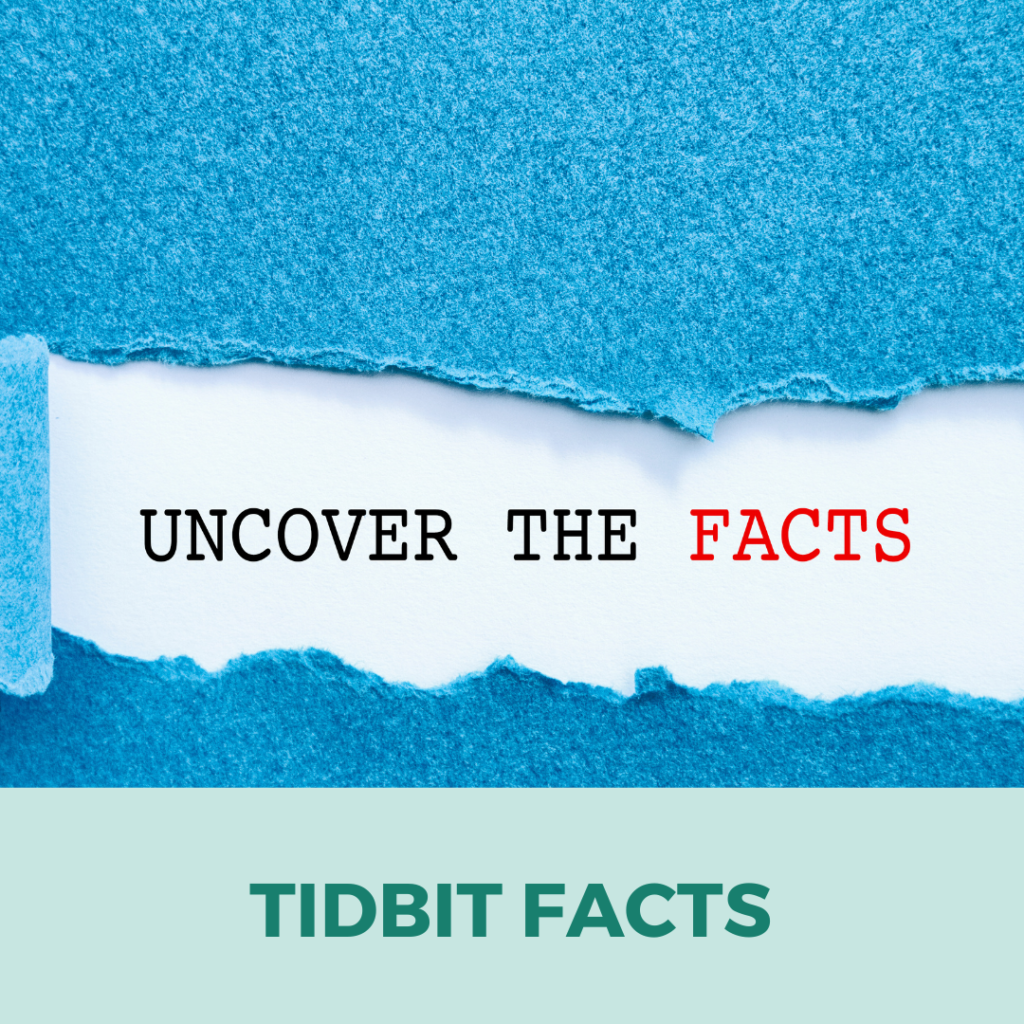
This is a book of tidbits, facts, and figures that can also discuss your journey because all these facts and figures come from your personal life, journey, and experiences.
One example could be talking about the first, last, worst, and best of first, best, last, and worst parts of your life.
You could write about your first school, your best school, your last school, or your worst school. It could be anything you can glean from your life that others would be interested in knowing about.
It could also be a book of lists. You compile many lists that have helped you in your life and personal journey and turn them into a vast compendium.
This type of book is a listicle; it is trendy, beneficial, and a reference book.
Book Of Hacks
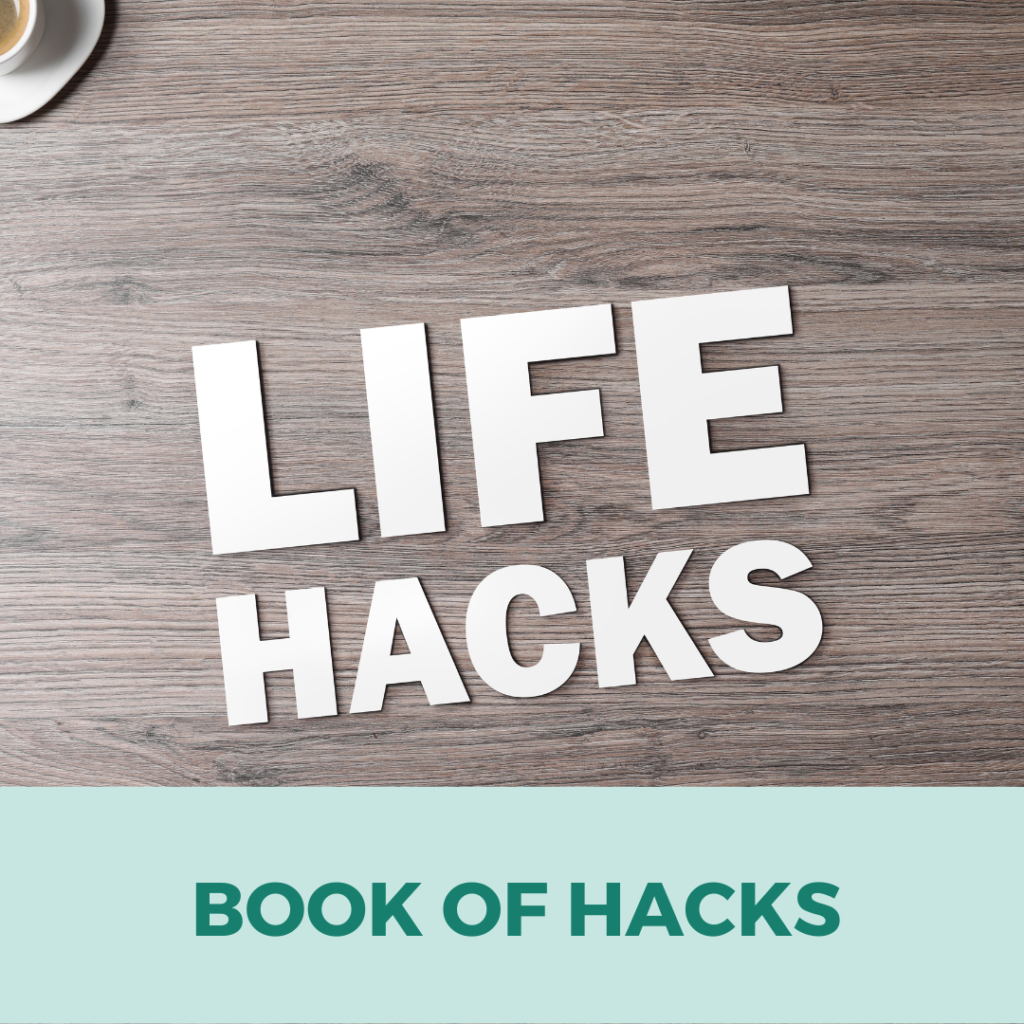
Another example could be a book of hacks. One of our authors has written a book on such hacks, too. It’s a trendy, bestselling book.
So, in these kinds of books, you might find different hacks, life hacks or health hacks, shortcuts, methods, or ideas that can help you do more in less time or produce better results.
You take all those hacks and put them together in a book, which again involves your journey. So, folks, those are some ideas for writing your personal journey books. Many people have asked me this question.
I’ve been training them. And if you’d like to explore this idea of writing your book, you should. Why not?
Conclusion
Everybody has a message to share with the world. And here’s how to know whether your book makes sense.
Head over to Stardombooks.com. SS stands for a strategy session.
At stardombooks.com/ss you can take this free 20-minute assessment to go through these processes and understand whether you are cut out for writing and publishing your book.
If yes, how do you go about it, what resources are needed, and what does it take to become an internationally published author? We can work together to help you publish your next or first book. All right, so signing off.
Let’s meet again in another video. Until then, keep smiling, believe in yourself, and get all the best things in life.

